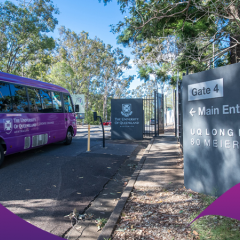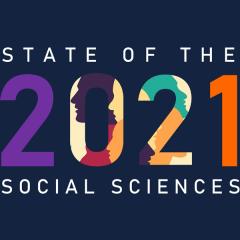Originally published on UQ News, 15 December 2017
Hot on the heels of the same-sex marriage bill, new research shows that gay and lesbian couples tend to have higher-quality relationships than their heterosexual counterparts.
[ISSR] Professor Janeen Baxter, Director of the Life Course Centre (LCC) led by The University of Queensland, said the quality of intimate relationships of gay and lesbian people was high, if not higher than the quality of heterosexual couples’ relationships.
“Same-sex couples have been the subject of intense media and political debate in recent years, primarily in relation to formal rights to marry and raise children,” Professor Baxter says.
“Our results provide robust evidence to combat deep-rooted and erroneous social perceptions of same-sex relationships being conflictual, unhappy, and dysfunctional.
“In fact, relationship quality in same-sex couples was as high as in heterosexual couples in the United Kingdom, and higher in Australia.
“Relative to heterosexual relationships, same-sex relationships tend to have more equitable domestic work arrangements, less defined gender roles, and a greater sense of social connectedness to a community.
“We believe these findings support policies to legalise same-sex marriage and parenting rights.”
She said concerns had been expressed about how the recognition of same-sex couples could contribute to the demise of the nuclear family and the well-being of children.
Dr Francisco Perales an Australian Research Council Discovery Early Career Researcher Award winner[, ISSR Senior Research Fellow] and LCC Research Fellow, led the study which was co-authored by Baxter. Together they examined the relationship quality of bisexual, gay, lesbian, and heterosexual people in Australia and the United Kingdom.
They believe suggest heterosexual couples could in fact learn something from gay and lesbian couples.
“Further knowledge of the strategies deployed by gay and lesbian couples to maintain their relationship quality despite individual and institutional discrimination could help to develop new counselling tools,” Baxter says.
However the study also found that bisexual people had greater difficulties with the quality of their relationships.
The authors suggest this could be because bisexual individuals fail to fit neatly into either the heterosexual mainstream or the gay and lesbian community, which in turn may lead to poorer social networks and lower levels of social support.
“Our findings highlight the need to give further attention to bisexual individuals as a distinct group because their outcomes are comparatively poor,” Baxter says.
They suggest further research to investigate how the introduction of same-sex marriage affects relationship quality in same-sex couples.
The research, titled, ‘Sexual Identity and Relationship Quality in Australia and the United Kingdom’, is published in Family Relations.
Media: Dr Lucy Mills, l.mills@uq.edu.au, Life Course Centre Manager, Tel 07 3346 7477; UQ Communications, communications@uq.edu.au. +7 3346 0561.



